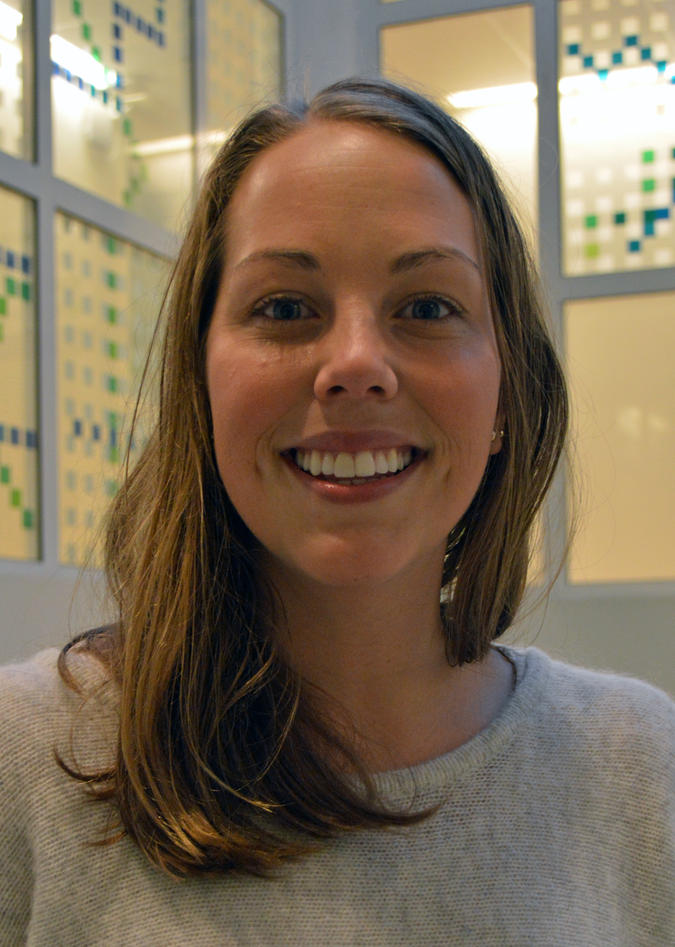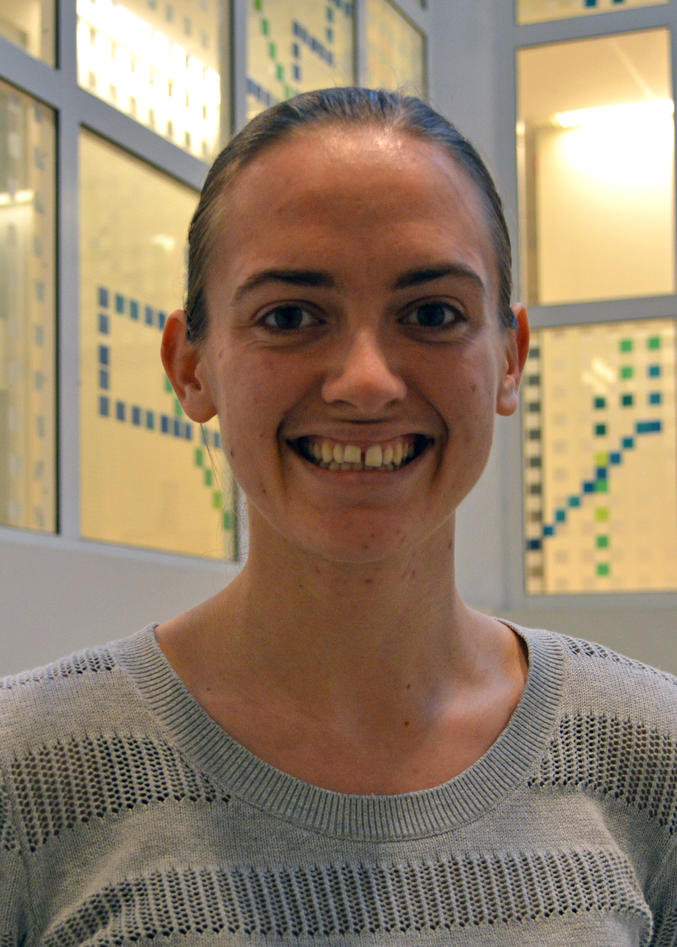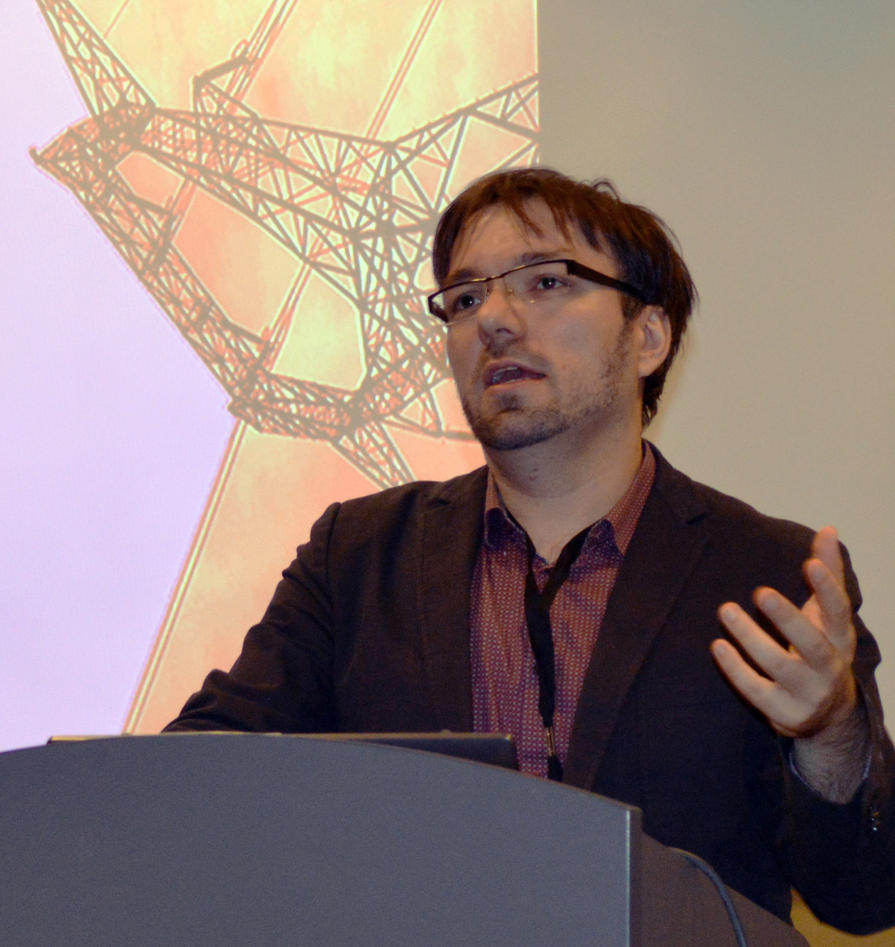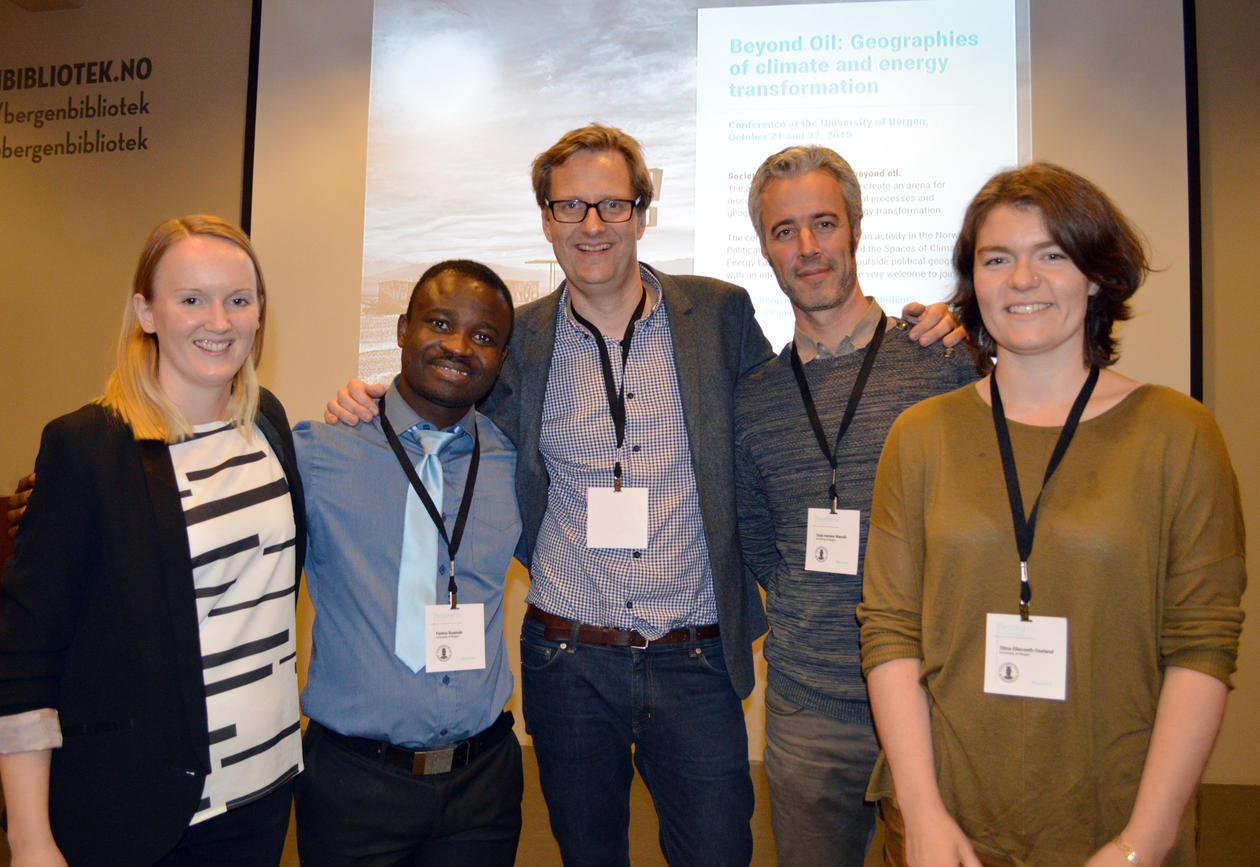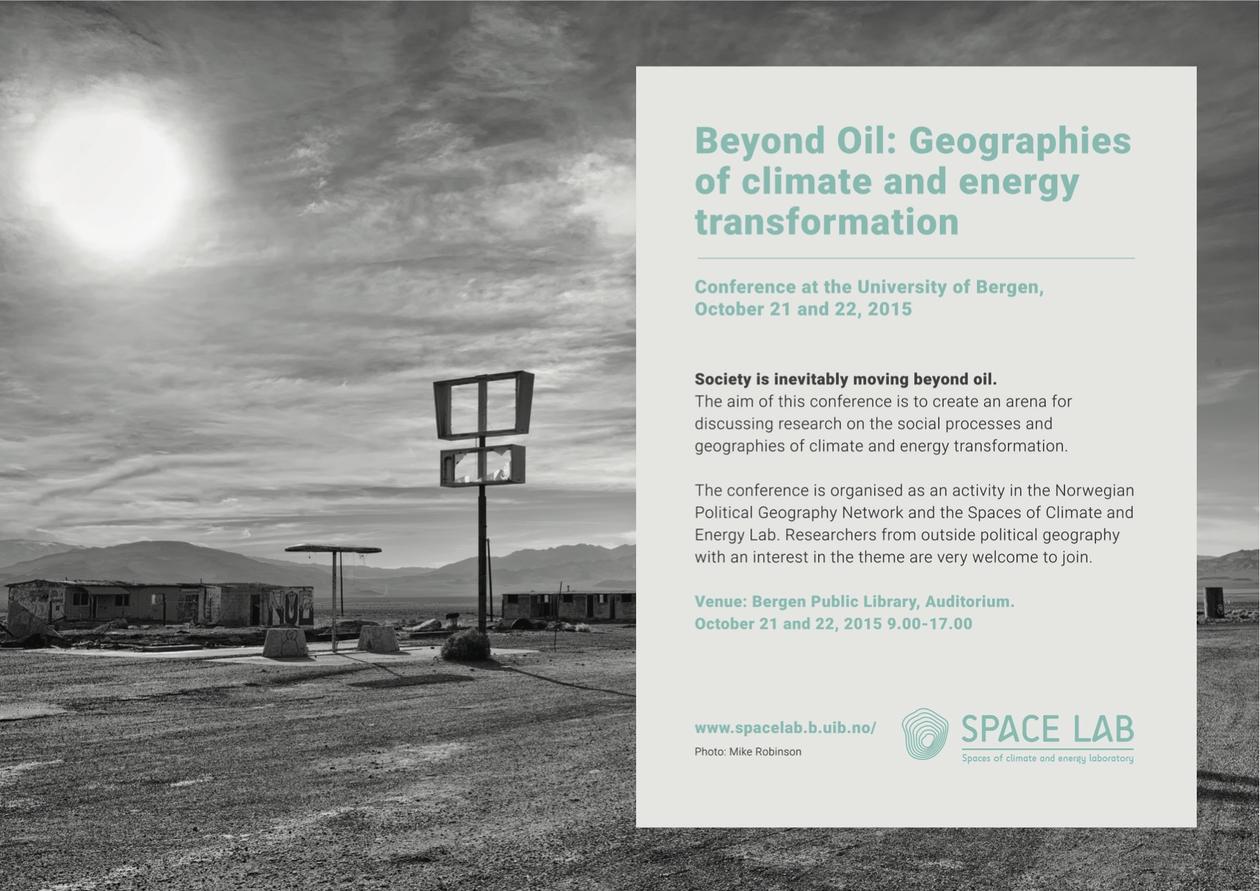Beyond interesting: Reflections from first-time conference participants
As master students in human geography, quite a lot of our time is dedicated to discussing issues related to our subject. Heated debates over the philosophy of sciences and whether or not the current environmental crisis can be solved through social revolutions or new types of city planning are normal aspect of our days.

Main content
We spend hours discussing what we read and relating it to both social issues and our personal lives. We make jokes that are incomprehensible to others, about us being Lakatos-intolerant and asking that special someone: “May I GIS you?”.
We love our field of study, sometimes to the point that we forget that geography is not the key interest of all human beings. That all Homo Sapiens are not Homo Geographicus too. We do, in fact, understand that we are living and existing in a geography bubble.
Therefore, to be invited to attend a conference on the transition (or transformation – we will get back to that) to a low-carbon society is a reality check for geography students such as ourselves. Participation here gives the insight that the subjects that we are so fond of are not merely discussed over a cup of coffee at the department of geography, but that outside, in the real world, where real adults work and live, the same issues are being given importance.
This gives us the reassurance that what we study is, in fact, relevant. But also, it gives us inspiration for even more issues for further exploration, explanation and discussion. The conference Beyond oil has been two days filled with hope for the future. Both our own academic future, and the future of the human race.
Being at a scientific conference for the first time
Being at a scientific conference for the first time is interesting. Meeting scholars from many countries, who are all experts in their respective fields, can be a scary experience in itself. Meeting these scholars at a conference means you’re actually supposed to both mingle with them and ask them intelligent questions during question times. That may feel insurmountable.
However, at Beyond Oil, we did both. Realising that the scientific community is both open to contrasting views and constructive criticism on papers, and hearing that even professors get comments from their peers, did wonders for us. Especially seeing well-esteemed professors receive comments, promptly write them down and say “yes, I’ll look into that” can be considered a good look into the scientific process. Another interesting sneak peak into the world of social science happened when a discussion arose on whether we should be saying “energy transition” or “energy transformation”. There was no clear answer, but who knew researchers were so hung up on semantics?
What surprised us was how personally engaged many of the participants seemed to be in their fields of study. As a student, you have this view of a researcher as someone who puts their pride in being adamantly impartial and sometimes painfully “objective” (also semantics!). It came as a refreshing breath of air to see that so many researchers also take pride in being engaged in issues of climate and social justice. It was also refreshing to see that so many have strong personal opinions, but are willing to change these if their research results differ from their personal opinions and convictions.
What is happening in the field?
At beyond oil, we got a new insight into what is happening in research on adaption, mobilisation and transition/transformations from oil, and not only within geography. Learning what happens in other fields and hearing different scientific communities is something we’ll bring with us in the work with our own master theses.
The over-arching themes in this conference seem to be mobilisation and agency (Mc Neish & Ytterstad, Nordbø, Selboe, Szolucha, Williams, and Kuijten), initiatives for transitions from oil to renewables (Bouzarovski, Wesseling, Rusten, Espert, Shin, and Boamah) and these transitions’ impact on actors in society (Petrova, Fischer, Jensen, Shin). All the researchers who presented papers work in different parts of the world, and seeing how mobilisation, adaption and transformation differs between countries was probably one of the strengths of this conference. Different places have different challenges and solutions, and discussing with and getting ideas from each other is a very good way to move forward.
The concluding debate’s discussion of what a social researcher’s position should be in energy transformations was particularly interesting. Hopefully we’ll see more researchers participate in public discourses, communicating their research to the general public and take a bigger part in suggesting policy changes for positive energy transformations in the future.
Stefan Bouzarovski – he’s our professor t(w)o
Stefan Bouzarovski, keynote speaker with his paper “Energy transitions and social equity: foregrounding spatial justice”, is a man we’ll be seeing more from in the future. He’s recently taken up a position as professor II at the Department of geography at the University of Bergen. It was really interesting to hear his perspectives on how the transition towards a low-carbon society can produce and re-produce patterns of inequality.
Summary
The impression we are left with after these two days, is that there is definitely a community of adults out there who care about the same issues we do. This community is more radical and engaged than we imagined, something which underlines that not all hippies become environment-destroying business owners when they grow up.
The conference in itself was a pleasant experience, where everything from the power point to the food serving went smoothly. It is not a given that a room full of people will have a good ambiance, but the good work of the organisers and the friendly attitude of the participants made for a very pleasant two days.
The talks and discussions has broadened our minds as to what is happening in the field and in the scientific community of the issues of energy and green transitions/transformations and how these transformations manifest themselves differently across the world. The concluding debate was also enlightening. We are content that also researchers discuss their position in society and what they ideally should be doing.
It was in the concluding debate that one of the organisers made a comment that we think perfectly sums up the conference. At the end of his summary speech, Håvard Haarstad said: “This is probably the most obvious observation this week, but I’m going to say it anyway: Things are different in different parts of the world.”
And with that we thank you for a great conference, and look forward to seeing what will be the outcomes of it in the future.
